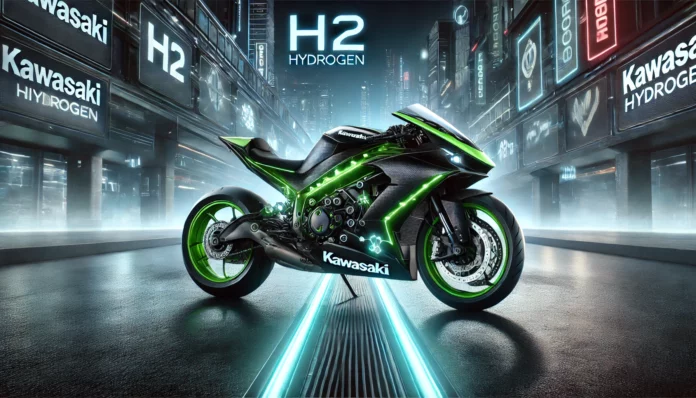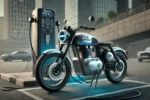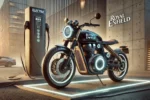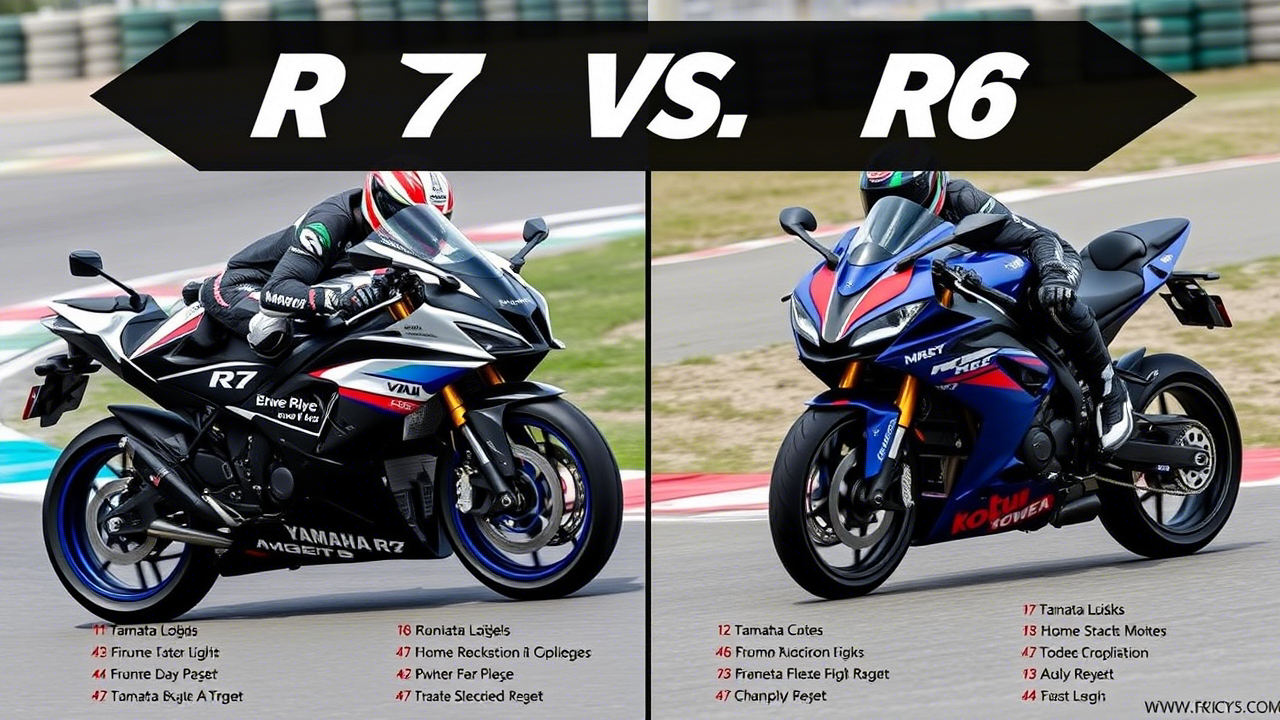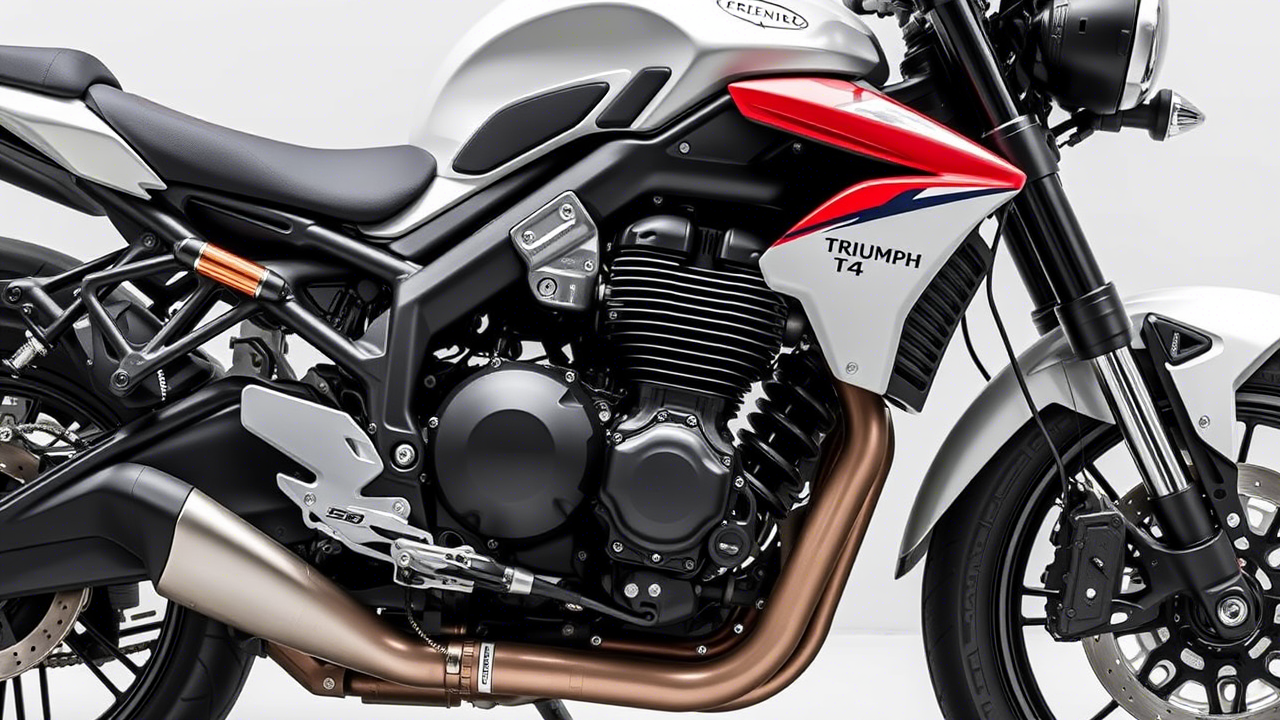Kawasaki is set to revolutionize the superbike industry with the highly anticipated Kawasaki Ninja H2 Hydrogen. As the world moves toward eco-friendly alternatives, Kawasaki is taking a bold step by introducing hydrogen-powered motorcycles, blending high performance with sustainability. The Ninja H2 Hydrogen is expected to retain the insane power of the H2 series while offering a clean energy solution for the future of motorcycling.
Kawasaki Ninja H2 Hydrogen: Overview
The Ninja H2 Hydrogen is rumored to be based on the iconic Ninja H2, a supercharged hyperbike known for its blistering speed and aggressive styling. However, instead of a gasoline-powered engine, it will utilize a hydrogen fuel cell or direct hydrogen combustion, making it an emissions-free alternative without compromising performance.
Kawasaki Ninja H2 Hydrogen: Key Features & Innovations
✔️ Hydrogen-Powered Engine – Likely using either direct hydrogen combustion or fuel-cell technology.
✔️ Supercharged Performance – Retaining the thrilling acceleration and speed of the Ninja H2.
✔️ Zero Emissions – No CO₂ emissions, making it an environmentally friendly alternative.
✔️ Futuristic Design – Expected to feature an aerodynamic body with new styling elements.
✔️ Advanced Electronics – AI-assisted riding modes, traction control, and seamless connectivity.
Kawasaki Ninja H2 Hydrogen: Expected Specifications
| Feature | Expected Specification |
|---|---|
| Engine Type | Hydrogen-powered inline-4 (supercharged) or fuel cell |
| Power Output | Estimated 200+ hp |
| Torque | Expected 120 Nm+ |
| Top Speed | Over 200 mph (322 km/h) |
| 0-60 mph | Around 2.5-3.0 seconds |
| Weight | Approx. 460 lbs (210 kg) |
| Frame | Trellis frame with lightweight materials |
| Electronics | AI-assisted riding, multiple riding modes, traction control |
| Emissions | Zero CO₂ emissions |
How Does Hydrogen Power Work in Motorcycles?
Kawasaki has been researching hydrogen-powered engines for years, and the Ninja H2 Hydrogen could feature one of two approaches:
1️⃣ Direct Hydrogen Combustion – Similar to a traditional gasoline engine but modified to burn hydrogen, maintaining the sound and feel of a standard superbike.
2️⃣ Hydrogen Fuel Cell – Converts hydrogen into electricity to power an electric motor, offering smooth, silent operation similar to electric motorcycles.
The chosen technology will determine the riding experience, sound, and refueling process of the Ninja H2 Hydrogen.
Performance & Riding Experience
- Supercharged Power – Kawasaki’s H2 series is known for its incredible acceleration, and the hydrogen version is expected to retain its high-speed DNA.
- Instant Torque – Hydrogen combustion or fuel-cell power could deliver instant throttle response for a thrilling ride.
- Lightweight Chassis – To balance the hydrogen system’s weight, Kawasaki may use lightweight materials for agility.
Kawasaki Ninja H2 Hydrogen: Expected Price & Release Date
- Estimated Price: $50,000+ (due to advanced hydrogen technology)
- Expected Release Date: 2025-2026 (as Kawasaki continues its hydrogen development)
The Ninja H2 Hydrogen is likely to be a limited-edition, high-performance superbike, catering to early adopters of hydrogen-powered motorcycles.
Pros & Cons of the Kawasaki Ninja H2 Hydrogen
Pros:
✔️ Zero emissions with high performance
✔️ Retains the power and feel of traditional superbikes
✔️ Future-proof technology in the era of sustainable energy
✔️ Potentially faster refueling than electric motorcycles
Cons:
❌ Hydrogen refueling infrastructure is still limited
❌ Likely to be expensive compared to traditional superbikes
❌ Uncertainty about performance compared to gasoline-powered models
Frequently Asked Questions (FAQs)
1. Will the Kawasaki Ninja H2 Hydrogen be faster than the regular Ninja H2?
While the exact specs are unknown, Kawasaki aims to maintain or even enhance the performance of the H2 series, making it a serious contender in the superbike category.
2. How will the Ninja H2 Hydrogen be refueled?
The bike will require hydrogen refueling stations, which are still being developed worldwide. If it uses fuel-cell technology, refueling will be similar to hydrogen-powered cars.
3. Is the Ninja H2 Hydrogen better than an electric motorcycle?
Hydrogen bikes have the potential to refuel faster than electric motorcycles and provide longer riding ranges, but infrastructure challenges remain.
4. When will the Ninja H2 Hydrogen be available for purchase?
Kawasaki has hinted at hydrogen motorcycles arriving by 2025-2026, but an official release date is yet to be confirmed.
5. How much will the Kawasaki Ninja H2 Hydrogen cost?
Due to its advanced hydrogen technology, the price is expected to be $50,000+, making it a premium superbike.
Final Thoughts: Is the Kawasaki Ninja H2 Hydrogen the Future of Superbikes?
The Kawasaki Ninja H2 Hydrogen could be a game-changer in the world of high-performance motorcycles, offering a powerful, eco-friendly alternative without sacrificing speed or excitement. While challenges remain in hydrogen infrastructure and pricing, Kawasaki’s bold step could pave the way for a new era of clean, high-performance motorcycles.
Would you consider switching to a hydrogen-powered superbike like the Ninja H2 Hydrogen? Let us know your thoughts! 🏍️⚡💨

